The truth shall set you free
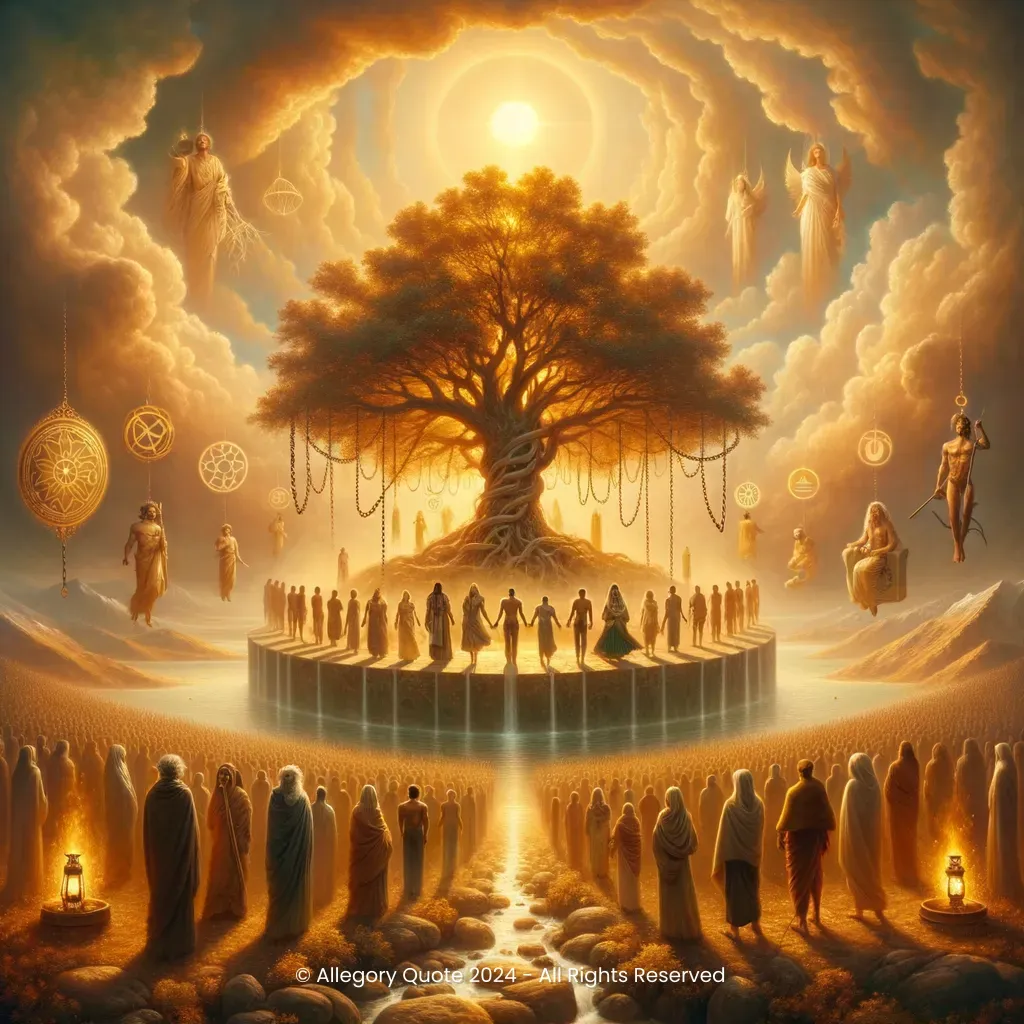
0
0
0
0
- Meaning
- This phrase suggests that by understanding and accepting the truth, individuals can overcome ignorance, deception, and falsehood, thereby achieving a state of spiritual, emotional, or intellectual freedom. At a deeper level, it implies that truth acts as a catalyst for liberation and transformative change in one's life. Its philosophical implications include the adherence to rigorous honesty and the pursuit of wisdom, both of which are considered foundational to personal and collective freedom.
- Allegory
- The serene landscape bathed in golden light signifies enlightenment and peace. The majestic tree at the center represents the tree of knowledge, with branches symbolizing different facets of truth such as wisdom (open book), guidance (shining lantern), and liberation (unbroken chain). The figures, once chained but now free, illustrate the transformative power of truth, and their uplifted faces radiate hope and wonder, emphasizing the emotional and psychological liberation that truth brings. The clear sky overhead symbolizes the purity and clarity of truth, reinforcing its role in providing clarity, freedom, and serenity.
- Applicability
- This teaching can be applied to personal life in numerous ways. In relationships, for example, honesty promotes trust and transparency, fostering deeper connections. In academia or career, seeking and embracing the truth can lead to innovative solutions and prevent stagnation due to misinformation. Psychologically, it encourages self-awareness and integrity, paving the way for personal growth and authentic living.
- Impact
- This phrase has had a profound impact on various spheres of life—from religious teachings to legal systems, education, and psychological discourses. Philosophically, it resonates deeply with enlightenment ideals and is celebrated in contexts where truth and freedom are paramount. It has given birth to maxims and movements aimed at transparency, truth-seeking, and the pursuit of knowledge.
- Historical Context
- The historical context of this phrase dates back to the 1st century AD during the life and teachings of Jesus Christ. The Gospel of John was written long after Jesus' crucifixion, potentially around 90-110 AD. The cultural context includes the Jewish traditions and the emerging Christian beliefs of the time, which valued truth as a divine and liberative force, particularly in the face of Roman oppression and ruling class interests.
- Criticisms
- One criticism centers on the subjective nature of "truth." What constitutes truth can vary widely across different cultures and belief systems, leading to potential conflicts. Additionally, some argue that truth can be dangerous, potentially leading to harm if not handled with care. Others debate the phrase's applicability in complex moral and ethical dilemmas where the truth might not be liberating but rather burdensome.
- Variations
- Variations of this phrase can be found in other religious and philosophical traditions. For instance, in Buddhism, enlightenment (Nirvana) is achieved through the understanding of the ultimate truth of existence. In both Eastern and Western philosophies, the pursuit of truth as a pathway to freedom is a common theme. Consequently, different interpretations might emphasize the spiritual, intellectual, or emotional dimensions of truth.
-

Just Do It.
-

The best way to predict the future is to create it.
-
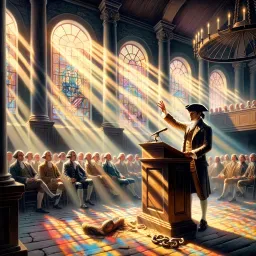
Give me liberty, or give me death!
-

The only true wisdom is in knowing you know nothing.
-
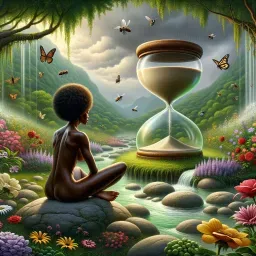
Don't sweat the small stuff.
-

Vanity of vanities, all is vanity.
-
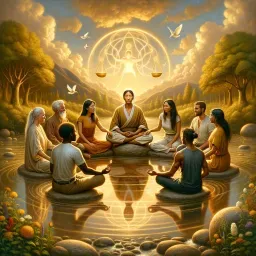
Judge not, that ye be not judged.
-
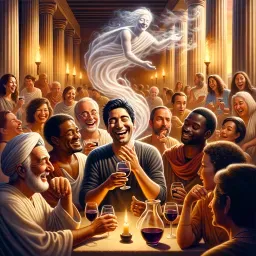
What soberness conceals, drunkenness reveals.
-

Luck is what happens when preparation meets opportunity.
-

You reap what you sow.
No Comments